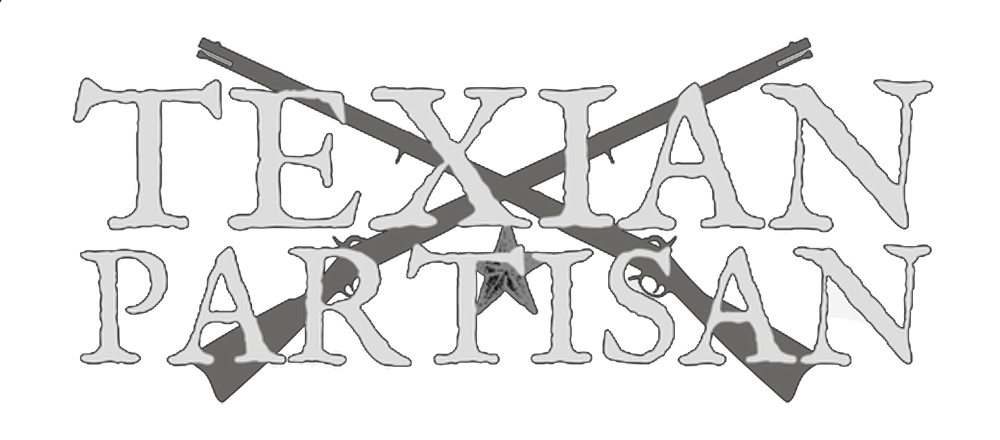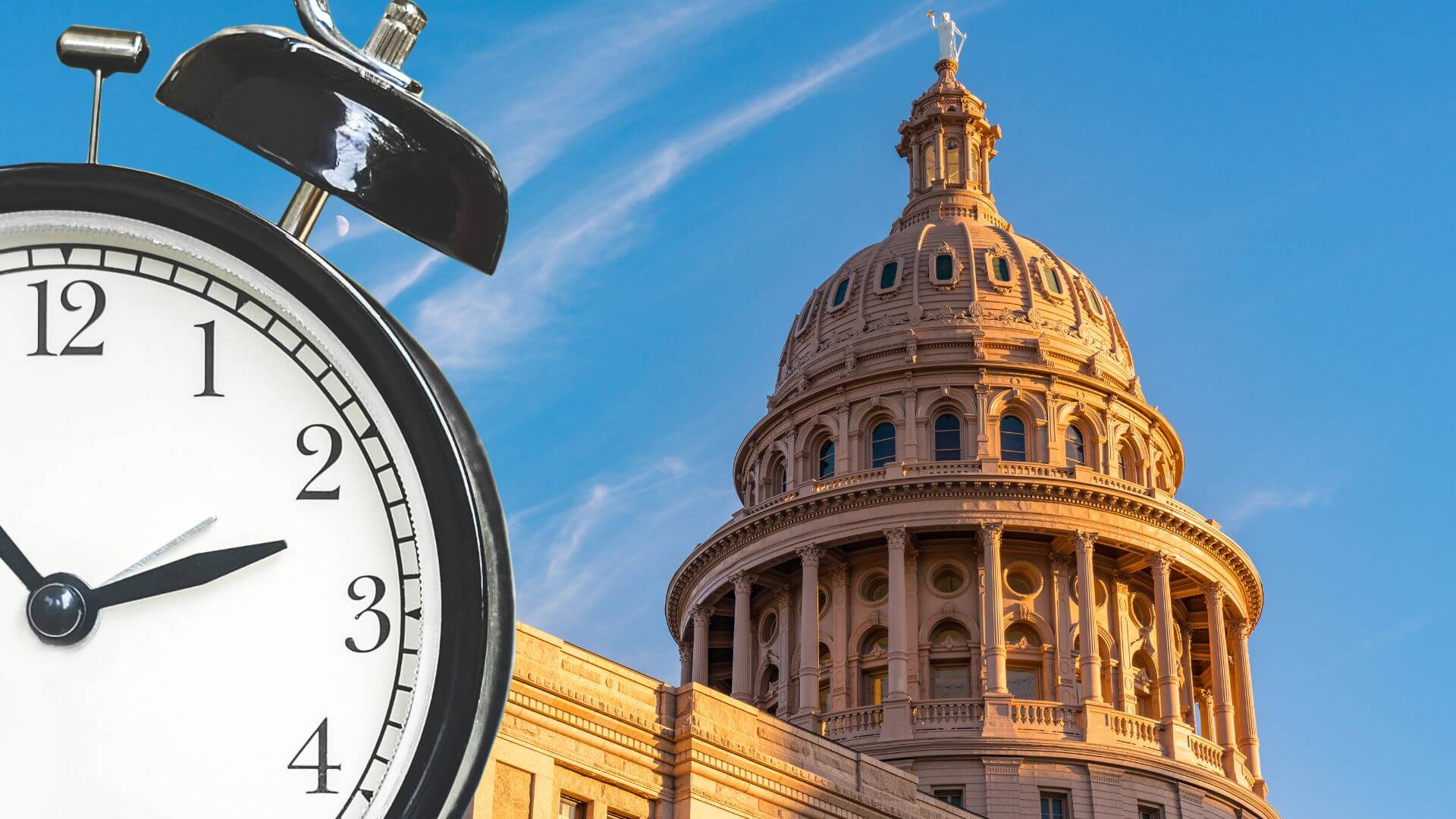The Texas Legislature convened at noon Monday for a thirty-day special session, with Governor Greg Abbott presenting lawmakers with an ambitious eighteen-item agenda dominated by congressional redistricting, disaster relief, and regulatory reforms that highlight ongoing tensions between state and federal authority.
The session, which runs through August 19th, comes as Texas faces potential federal legal challenges over redistricting plans and continues recovery from deadly July floods that killed 135 people.
Redistricting Fight Centers on Federal Oversight
The highest-stakes item on Abbott’s agenda involves redrawing Texas’s congressional maps following a 2024 Fifth Circuit Court ruling in Petteway v. Galveston County that rejected “coalition districts” under the Voting Rights Act. The ruling has emboldened Republican lawmakers to pursue maps that could flip up to five Democratic-leaning seats to Republican control.
According to Texas Policy Research, the redistricting effort responds partly to pressure from President Trump to maximize Republican congressional seats ahead of 2026 elections. Texas currently holds 25 of 38 congressional seats under Republican control.
However, federal oversight looms large. A trial in LULAC v. Abbott is scheduled for May 21, 2025, in El Paso to address discrimination claims related to the new maps. The Department of Justice has signaled potential intervention if the maps are deemed to violate federal voting rights protections.
Democrats Consider Quorum Break Strategy
Adding uncertainty to the redistricting timeline, Democratic lawmakers are reportedly considering a quorum break to block the Republican redistricting effort. Social media posts indicate that House Minority Leader Hakeem Jeffries and DNC Chair Ken Martin have encouraged Texas House Democrats to deny quorum.
Senate Democratic chair Carol Alvarado has confirmed private strategy sessions with stakeholders, though no formal decision has been announced. A successful quorum break would require 51 House Democrats to leave the state, echoing similar tactics used in 2003 when Democrats fled to Oklahoma and in 2021 when they traveled to Washington, D.C.
Past quorum breaks have had mixed results, often delaying but not ultimately preventing Republican priorities from advancing.
Flood Recovery Highlights State-Federal Tensions
The devastating July 4th Guadalupe River floods that killed 135 Texans, including 37 children, have placed disaster response high on the legislative agenda. According to KUT Radio, the tragedy ranks among Texas’s deadliest natural disasters, with new development along waterways contributing to the casualty count.
Lt. Gov. Dan Patrick has proposed implementing Israel-style warning sirens and improved emergency communication systems. The emphasis on state-led solutions reflects frustration with federal disaster aid processes, which typically require local matching funds and involve bureaucratic delays that can slow recovery efforts.
The disaster response legislation could serve as a model for increased state self-reliance in emergency management, reducing dependence on federal agencies like FEMA.
THC Regulation Balances Industry and Health Concerns
Another significant agenda item involves regulating hemp-derived THC products after Abbott vetoed a complete ban in June. Senate Bill 3 would have eliminated the hemp industry entirely, but Abbott opted for regulation with age restrictions and potency limits instead.
The Texas Tribune reports that the hemp industry employs thousands of Texans and generates significant economic activity. The regulatory approach aims to address public health concerns while preserving jobs and tax revenue.
The decision highlights tension between conservative social policies and economic interests, with Abbott and some legislative leaders disagreeing on the appropriate scope of restrictions.
Property Tax Relief Faces Time Constraints
Public sentiment on social media reflects strong support for property tax relief, with @MohiniWealth noting that 92% of voters supported Proposition 1 in 2024 for full elimination without tax hikes. However, skepticism exists about whether the crowded thirty-day agenda allows sufficient focus on taxpayer concerns.
@TexasScorecard referenced “Billions on the Table” in discussing the session’s financial implications, while other users questioned legislative priorities given the packed schedule.
The property tax issue gains urgency as Texas continues sending approximately $103 billion more annually to the federal government than it receives back, creating pressure on state and local revenues to fund basic services.
Federal Constraints Shape Legislative Options
Throughout the session’s major agenda items runs a common thread of federal oversight limiting Texas policy options. From redistricting battles with the DOJ to disaster response coordination with FEMA to cannabis regulation conflicting with federal law, state lawmakers consistently encounter federal constraints on their authority.
This dynamic has contributed to growing discussion about state sovereignty among Texas political leaders, though most have stopped short of embracing independence measures.
Political Calculations and Timeline Pressure
With Republican leadership including Abbott, Lt. Gov. Patrick, and House Speaker Dustin Burrows generally aligned, the session’s success will largely depend on maintaining unity while managing Democratic resistance tactics.
The breadth of Abbott’s eighteen-item agenda creates significant time pressure. Historical precedent suggests that determined minorities can substantially slow legislative progress even when they cannot ultimately block it.
The session’s outcome will likely influence Texas’s relationship with federal authority heading into the 2026 election cycle, when any new redistricting maps will face their first electoral test and potential federal court challenges.
As lawmakers began their work Monday afternoon, the fundamental tension remained between state autonomy and federal oversight across multiple policy areas. The next thirty days will determine how far Texas Republicans are willing to push back against federal constraints while Democrats weigh the political risks of dramatic resistance tactics.


